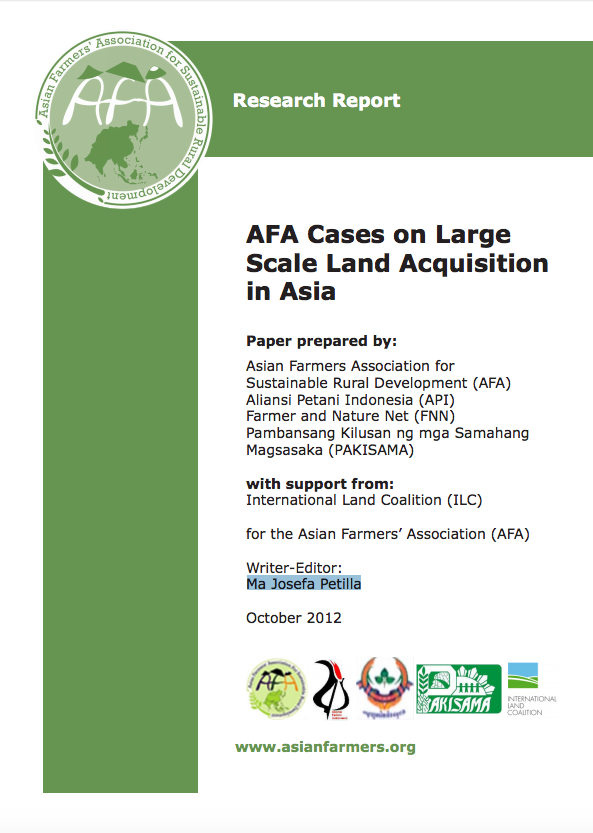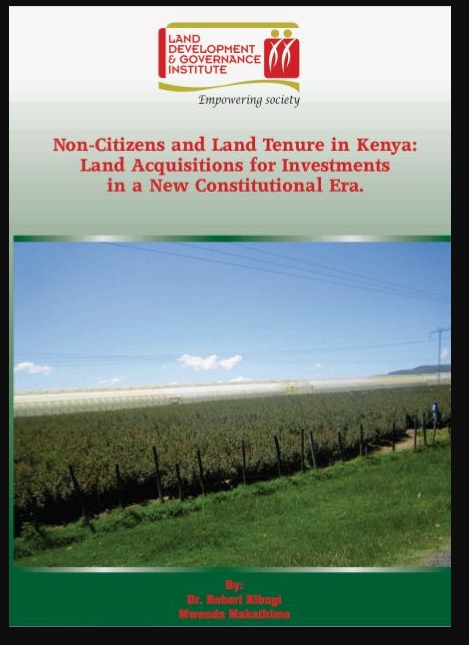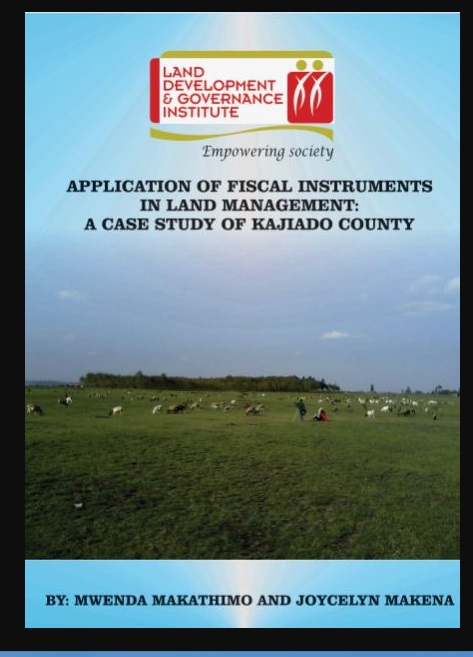‘New agriculture’ for sustainable development? Biofuels and agrarian change in post-war Sierra Leone
In sub-Saharan Africa, commercial bioenergy production has been hailed as a new form of ‘green capitalism’ that will deliver ‘win-win’ outcomes and ‘pro poor’ development. Yet in an era of global economic recession and soaring food prices, biofuel ‘sustainability’ has been at the centre of controversy. This paper focuses on the case of post-war Sierra Leone, a country that has over the last decade been consistently ranked as one of the poorest in the world, facing food insecurity, high unemployment and entrenched poverty.








